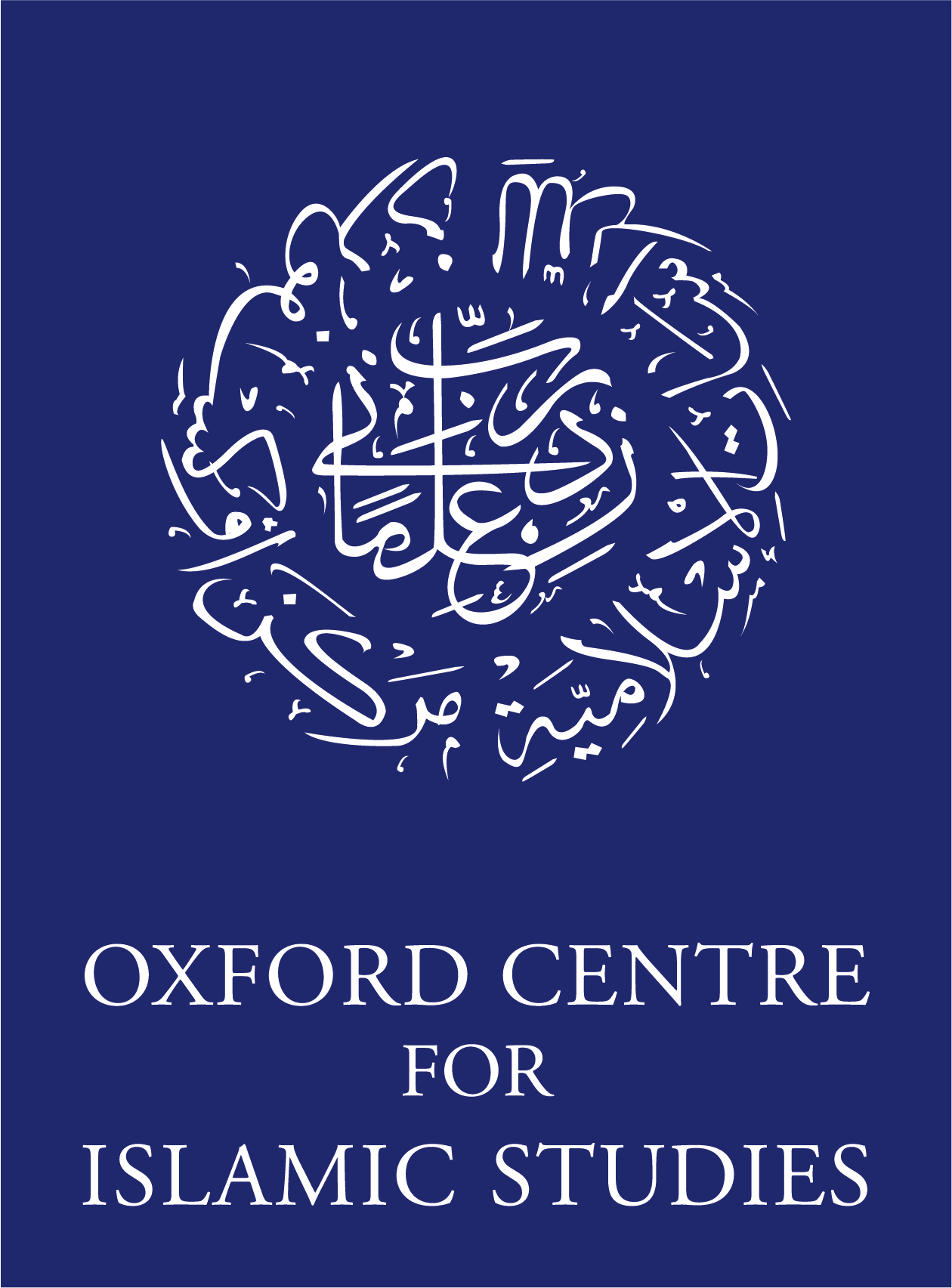The Ontological (In)Security of Similarity: Islamism in Saudi Foreign Policy
It has long been argued in International Relations that differences in identity can be a source of conflict, whereas convergence and similarity lead to cooperation. Nevertheless, empirical evidence from the Middle East has long defied this hypothesis. The Kingdom of Saudi Arabia, which prides itself on being an Islamic model and claims Islamic leadership, has opposed the rise to power of Islamist movements in the Middle East over several historical periods. The seminar will draw on a growing literature on ontological security in IR to explain how similarities between Saudi Islamic state identity and rising movements in the region have generated anxiety and identity risks for the Kingdom. These identity risks have shaped the Kingdom’s foreign policy during critical moments in the region’s history and, hence, affected patterns of enmity and conflict. The seminar will illustrate this argument through a comparison of Saudi identity risks in the wake of the 1979 Iranian revolution and the ascendance of the Muslim Brotherhood to power in Egypt in 2012.
May Darwich is Assistant Professor in International Relations of the Middle East at Durham University. She has published extensively on the international relations of the Middle East, and is the author of the forthcoming book Threats and Alliances in the Middle East: Saudi and Syrian Policies in a Turbulent Region (Cambridge University Press, 2019). Her current research projects focus on regional military interventions in the Middle East and the diffusion of sectarianism across the region.
